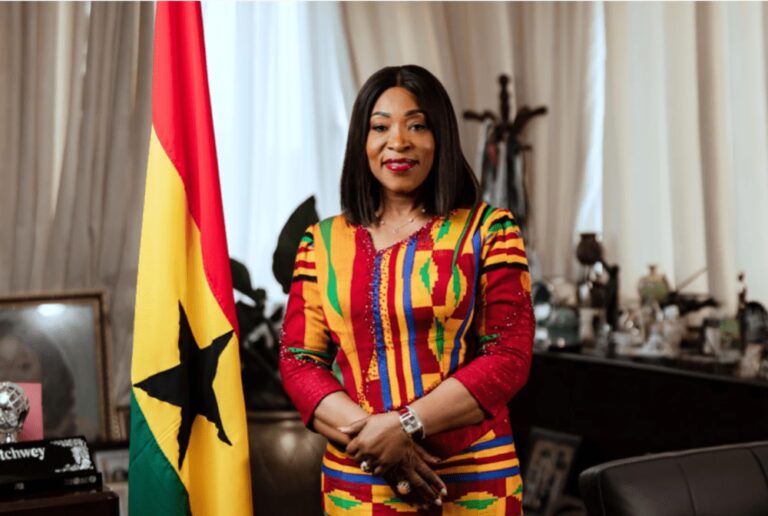The Ghanaian government has officially announced the suspension of its relations with the self-proclaimed “Sahrawi Arab Democratic Republic” (SADR).
This move is seen as a major gesture of support for Morocco’s sovereignty over its southern provinces and strengthens its stance in the ongoing territorial dispute.
The announcement was made in a statement issued by Ghana’s Ministry of Foreign Affairs and Regional Integration, addressed to Morocco’s Ministry of Foreign Affairs, African Cooperation, and Moroccans Living Abroad.
The timing of this decision is particularly noteworthy, coming just hours before the inauguration of Ghana’s new President, John Dramani Mahama, scheduled for Tuesday, January 7, in Accra.
The diplomatic move underscores Ghana’s commitment to aligning its foreign policy with principles of international legality and supporting efforts toward a durable resolution of the Sahara conflict.
Ghana’s government conveyed its decision through diplomatic channels, notifying Morocco, the African Union (AU), and the United Nations (UN).
It reaffirmed its support for Morocco’s efforts to achieve a comprehensive, fair, and lasting political solution. This backing reflects Ghana’s acknowledgment of Morocco’s proactive and multilateral diplomatic initiatives, particularly under King Mohammed VI’s leadership, which has brought renewed dynamism to the Sahara issue since the early 2000s.
Ghana is not the first country to take such a stance. Over the past two decades, Morocco’s reforms and strategies in addressing the Western Sahara conflict have led numerous nations to suspend or terminate their recognition of the SADR. To date, 46 countries, including 13 in Africa, have withdrawn official recognition of the Polisario Front.
This latest move by Ghana strengthens a growing trend of international support for Morocco’s position on the disputed enclave, despite continued efforts by the separatist movement, backed by Algeria, to gain further global recognition.
Notably, Ghana was one of the first countries to recognise the SADR in 1979. By reversing this decision, it aligns with recent geopolitical developments and broader aspirations for peace and stability in the Maghreb region and beyond.
For Morocco, this diplomatic victory further cements its influence on the African continent and its standing within international organisations.
MK/ac/sf/lb/as/APA


